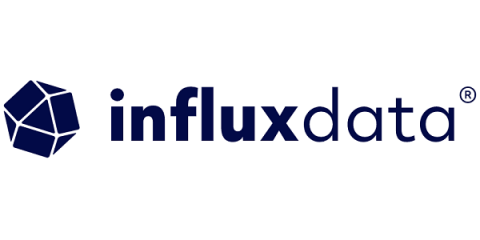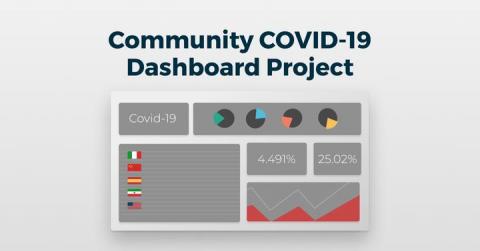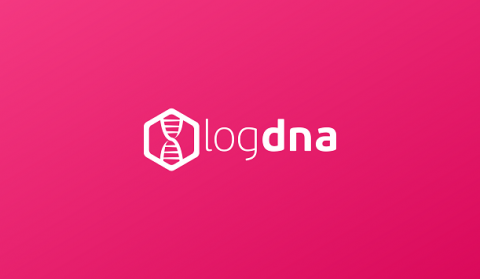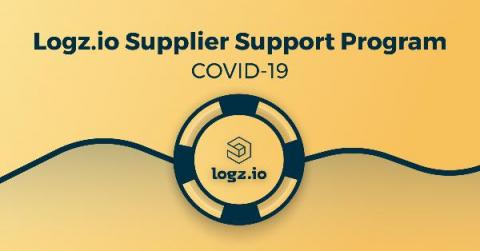How Road Traffic Insights Derived from Sensor Data Improve Public Safety and Reduce Emergency Services Response Times
It’s easy to see the value of sensor data that enables acting in time. Just picture driving as the scene of a massive traffic accident unfolds and ambulances race to the rescue…what a difference a few seconds can make. What if past traffic patterns could help city operators predict and manage traffic flow at critical times?











